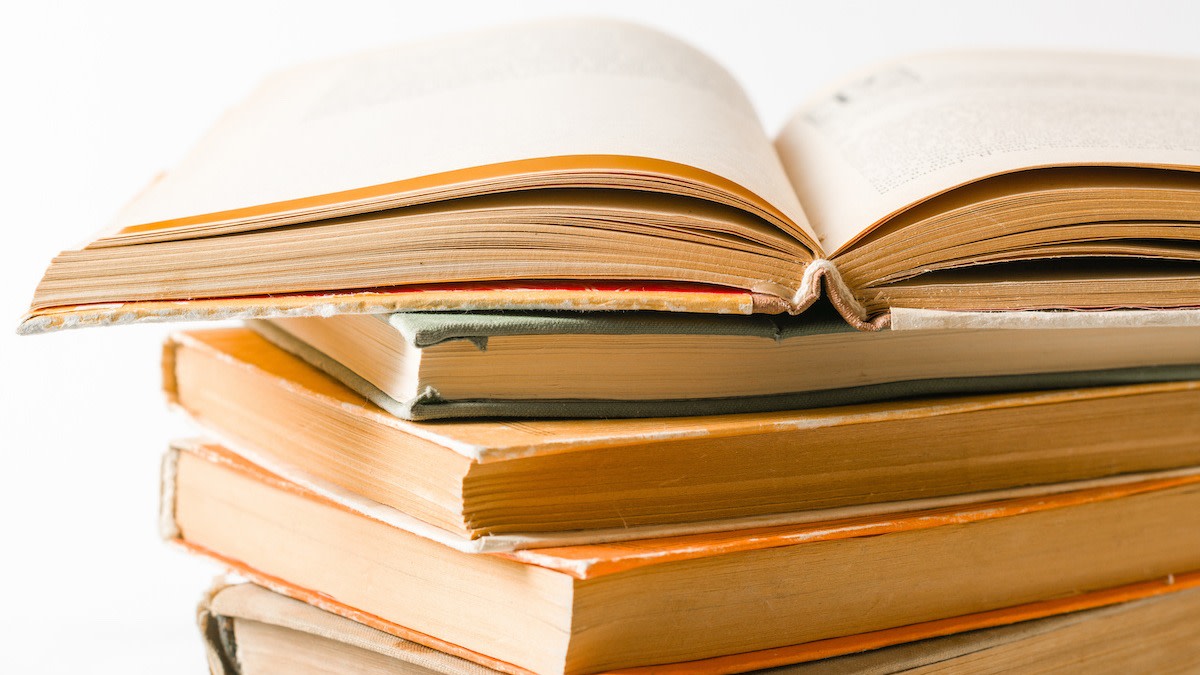Most of us tell stories in our daily lives, yet we may find turning a great story idea into a written narrative to be quite intimidating. By analyzing what makes a good story, we can unlock the craft behind great novels and screenplays and make the writing process far more accessible.
Learn From the Best
6 Elements of a Good Story
If you have an interesting narrative idea and want to translate it into the best story possible, you must be mindful of a few key elements that appear throughout the best fiction and nonfiction writing. Whether you’re writing a novel or a short story, these common elements are:
- 1. A natural arc from the beginning to the end of the story: From inciting action and rising action to climax and denouement, a good plot has defined story structure and maintains steady momentum.
- 2. A clear narrative voice: Whether you write in first person or third person, a story’s overall tone has a lot to do with the voice of its narrator.
- 3. A sense of genre: You could be writing a thriller, a satire, a romance, or a sci-fi epic, but they’re all united by clear genre elements. Choosing a genre can also help make a book marketable to audiences who may not know you, and this can really help if you end up pursuing self-publishing.
- 4. Compelling characters: Strong characters keep your audience invested. Imbue your main character with an internal conflict that drives their external struggle.
- 5. A structured storyline: Keeping your narrative organized and logically flowing will help you hold onto readers through all parts of your story. In this sense, fiction writing can borrow elements of journalism.
- 6. An insightful theme: Consider what ideas you want your reader to keep thinking about long after they’ve forgotten the specific plot of your book.
Want to Learn More About Writing?
Become a better writer with the Masterclass Annual Membership. Gain access to exclusive video lessons taught by literary masters, including Neil Gaiman, David Baldacci, Joyce Carol Oates, Dan Brown, Margaret Atwood, David Sedaris, and more.
